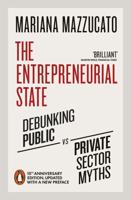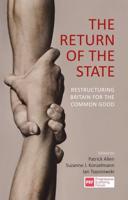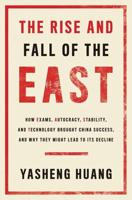Publisher's Synopsis
Although much of the world still lives today, as always, under dictatorship, the behaviour of these regimes and of their leaders often appears irrational and mysterious. In The Political Economy of Dictatorship, Ronald Wintrobe uses rational choice theory to model dictatorships: their strategies for accumulating power, the constraints on their behavior, and why they are often more popular than is commonly accepted. The book explores both the politics and the economics of dictatorships, and the interaction between them. The questions addressed include: What determines the repressiveness of a regime? Can political authoritarianism be 'good' for the economy? After the fall, who should be held responsible for crimes against human rights? The book contains many applications, including chapters on Nazi Germany, Soviet Communism, South Africa under apartheid, the ancient Roman Empire and Pinochet's Chile. It also provides a guide to the policies which should be followed by the democracies towards dictatorships.










